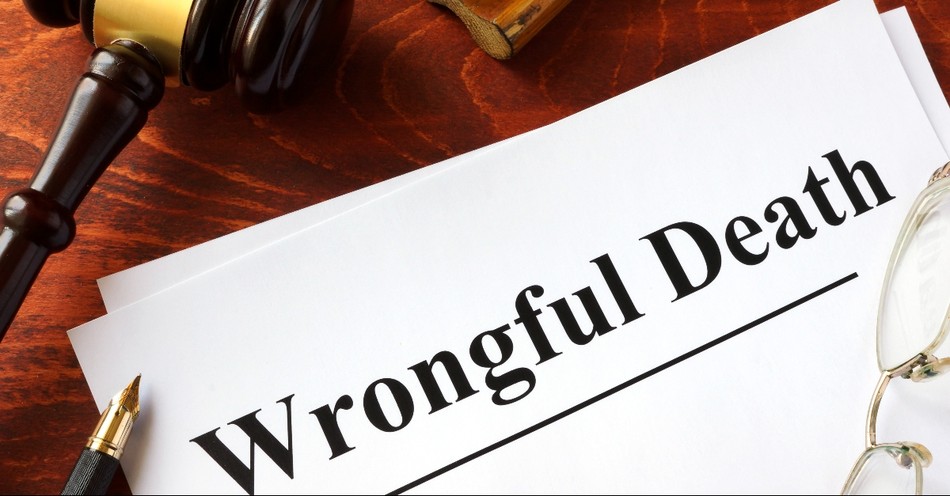I’m a sucker for funny T-shirts. In high school, I had one that read, “Dear Algebra: Please stop asking us to find your x. She’s not coming back.” For my birthday a year or two ago, my roommate got me one that reads, “They said to chase my dreams, so I went back to sleep.” And one that I don’t own but wish I did, bears two simple lines: “God is dead- Nietzsche,” below, which sits the line, “Nietzsche is dead- God.”
It is this particular T-shirt — or, rather, the philosophy of nihilism it’s based on — that we’ll be discussing today.
The Origin of the Phrase
German philosopher Friedrich Nietzsche (1844-1900) brought nihilism to the forefront of philosophical discussion in his day. He didn’t so much discover this belief system as foretell its future prevalence: He observed that the world at large was pulling away from the various religions that maintained law and order, provided unity within a culture, and served other such purposes, and that the consequences would be world-changing, to say the least.
Nietzsche captured this belief in this excerpt from Section 125 of The Gay Science, titled The Madman. This is where the phrase “God is dead” first appeared in his writings:
God is dead. God remains dead. And we have killed him. How shall we comfort ourselves, the murderers of all murderers? What was holiest and mightiest of all that the world has yet owned has bled to death under our knives: who will wipe this blood off us? What water is there for us to clean ourselves? What festivals of atonement, what sacred games shall we have to invent? Is not the greatness of this deed too great for us? Must we ourselves not become gods simply to appear worthy of it?
If you read this passage carefully, you’re bound to notice something interesting about it: Most students hear that Nietzsche praised the rise of nihilism and the subsequent fall of religion, but this excerpt doesn’t sound all that joyful. In fact, The Madman’s titular character seems to be expressing incomprehensible depths of despair about the death of God.
So, what exactly is going on here? What was Nietzsche trying to do?
“Nietzsche’s works express a fear that the decline of religion, the rise of atheism, and the absence of a higher moral authority would plunge the world into chaos,” writes the contributors of the Philosophy Index. “The western world had depended on the rule of God for thousands of years — it gave order to society and meaning to life. Without it, Nietzsche writes, society will move into an age of nihilism. Although Nietzsche may have been considered a nihilist by definition, he was critical of it and warned that accepting nihilism would be dangerous.
God Is Not Dead
Does this mean we’ve been duped into thinking Nietzsche is anti-Christian?
The short answer: Yes.
The long answer: No.
I say yes because The Madman’s wailing speaks pretty well for itself: Not only did humanity kill God (or, rather, the idea of a higher power, which has helped make humans slightly less evil for millennia), but humanity should feel guilty for treating religion like a tumor when it’s actually the beating heart of morality.
With all that said, I still say no because Nietzsche most definitely did not believe in God. He valued the abstract concept of a higher power because of the positive effects it had on human society. However, nowhere does Nietzsche say that he believed in God (although toward the end of his life, he went a bit mad and started signing his letters, “The Crucified One”).
He made himself abundantly clear on that point in The Wander and His Shadow. “If all goes well,” he wrote, “the time will come when one will take up the memorabilia of Socrates rather than the Bible as a guide to morals and reason.”
That’s a pretty strong statement against God in general, but he also seemed to take offense to Christian values in particular: “Never yield to remorse,” he stated, “but at once tell yourself: remorse would simply mean adding to the first act of stupidity a second.”
Why Does This Matter?
So, what do these seemingly conflicting messages tell us about “God is dead?” They tell us that Nietzsche, despite being seen as a proponent for nihilism, actually mourns the supposed death of God, but not because he was devout.
He was against the secularization of society and the way it makes morality subjective not because he believed in a higher power, but because religion helps societies function more smoothly most of the time. But in the end, Nietzsche still saw nihilism and humanity’s constant desire for power as the only realities in this world.
But we know the truth,
And having disarmed the powers and authorities, he made a public spectacle of them, triumphing over them by the cross (Colossians 2:15).
For I am convinced that neither death nor life, neither angels nor demons, neither the present nor the future, nor any powers, neither height nor depth, nor anything else in all creation, will be able to separate us from the love of God that is in Christ Jesus our Lord (Romans 8:38-39).
This echoes the song, Like a Lion, “My God’s not dead, he’s surely alive!”
Photo Credit: ©iStock/Getty Images Plus/designer491




